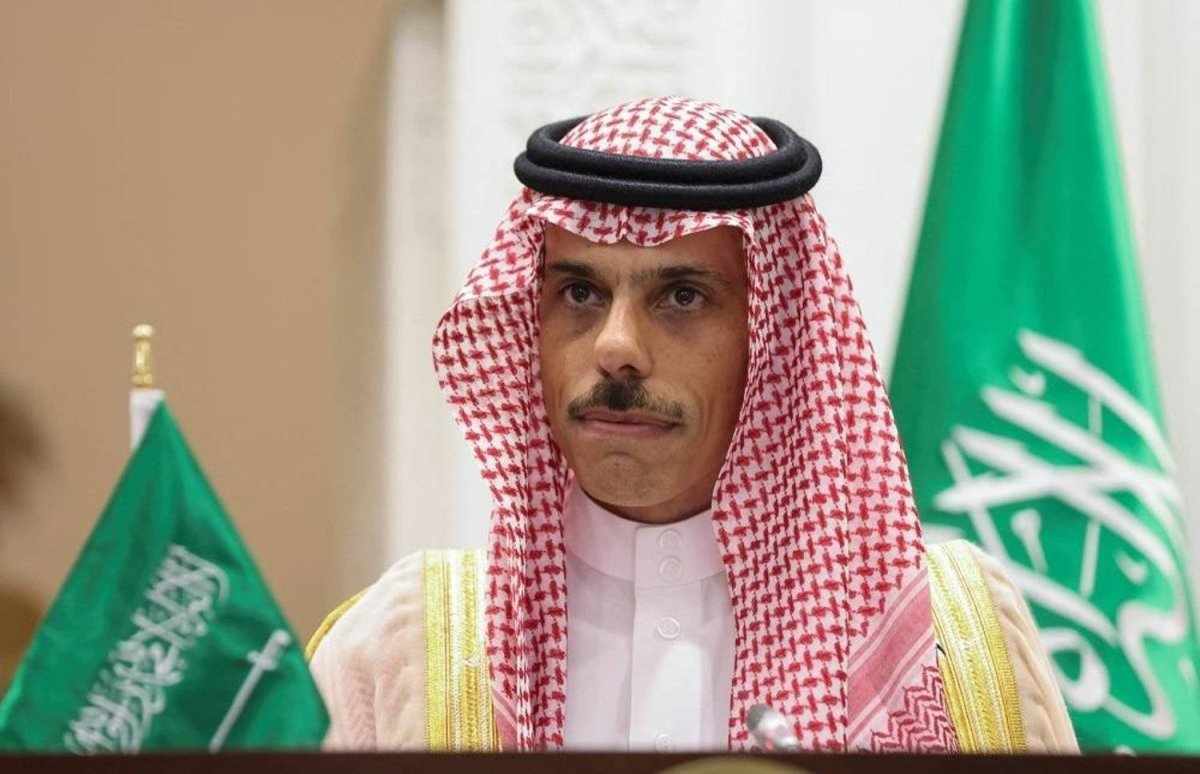Dissecting the OPEC+ Oil Cut | Opinion
- Date: 13-Oct-2022
- Source: Newsweek
- Sector:Oil & Gas
- Country:Saudi Arabia
Dissecting the OPEC+ Oil Cut | Opinion
The decision last week by the Organization of the Petroleum Exporting Countries (OPEC) and its Russia-led partners to reduce oil production was the last thing the United States wanted at a time when global crude supply remains tight. But it also serves as a reminder to U.S. officials and energy consumers everywhere that, ultimately, OPEC+ is a highly self-interested entity that makes oil policy based on what is in its own best interest. This, more than anything else, including staying on Washington's good side, will ultimately determine how much crude is pumped into the market.
Slashing output by 2 million barrels per day, or approximately 2 percent of the world's overall supply, was greeted in the U.S. with extreme unease. The Biden administration, which spent weeks dispatching key foreign policy and energy officials in a bid to lobby partners in the Persian Gulf to oppose the cut, were suddenly forced to defend why President Joe Biden's controversial July trip to Saudi Arabia was necessary. The denunciations were swift; in a joint statement, National Security Adviser Jake Sullivan and National Economic Council Director Brian Deese slammed OPEC+ for making what they termed a "shortsighted" decision. President Biden expressed his disappointment a day



















